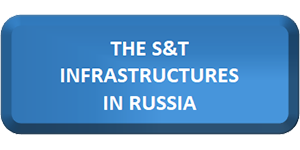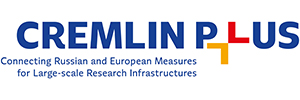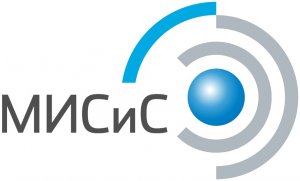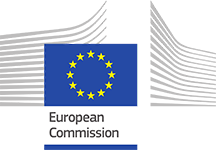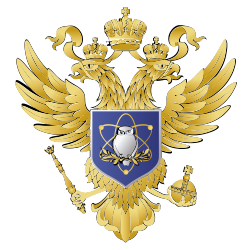CREMLIN plus
TNA - Access to Russian RIs
(main points according to CREMLINplus GRANT AGREEMENT, N 871072)
Within CREMLINplus project models of transnational access to Russian research infrastructures (RIs) will be developed. These models of access to Russian RIs will be tested on 19 research infrastructures located in organizations mentioned in the recommendation list of the Russian Federation (LIST 11).
At the end of CREMLINplus project the approved transnational access schemes to Russian RIs will be available for European users and be implemented beyond the project.
Every RI will provide a single point for every facility with a clear information on calls for access, their services and available equipment, access policy.
Every infrastructure will develop its own guide for access and call announcement procedure. Based on this, a single request form for access to Russian RIs (LIST-11) will be developed.
A first centralised TNA- call to Russian RIs for European Researchers will be launched at the beginning of the 3-d year of CREMLINplus project.
In total, 3 calls per year with corresponding evaluation of the submitted proposals are planned. Information about calls will be widely disseminated among the European scientific community via different Channels.
A panel of at least 3 scientific experts (including one representative of corresponding Russian RIs) will evaluate remotely every submitted proposal based on the terms of references of this Scientific Review Panel (SRP) for Access developed jointly in WP1. Once the proposals are accepted the procedure will follow the model of access applied.
Within CREMLINplus project, the Russian RIs (LIST-11) will provide access to European researchers free of charge, and CREMLINplus will cover travel, accommodation and, if required, consumables or service costs. These costs will be covered through ICISTE and NUST MISIS within the project.
The Helpdesk will provide support to both European researchers and Russian RIs.
The quality of the access will be monitored through feedback on the user satisfaction. Recommendations on improving the access models to Russian RIs and on extending the list of Russian RIs open to European researchers in the long-term perspective will be developed. Recommendations will be presented to the Ministry of Science and Higher Education of the Russian Federation so that the Ministry would consider them while updating Guidelines for metrological support of collective centers and Requirements for centers for the collective use of scientific equipment and unique scientific facilities for further consideration of the Government of the Russian Federation.
Transnational and virtual access to Research infrastructures
‘Research Infrastructures’ are facilities, resources and services that are used by the research communities to conduct research and foster innovation in their fields. They include: major scientific equipment (or sets of instruments), knowledgebased resources such as collections, archives and scientific data, e-infrastructures,
such as data and computing systems and communication networks and any other tools that are essential to achieve excellence in research and innovation. They may be 'single-sited', 'virtual' and 'distributed'
‘Users’ of Research Infrastructures can be individuals, teams and institutions from academia, business, industry and public services. They are engaged in the conception or creation of new knowledge, products, processes, methods and systems and also in the management of projects. Teams can include researchers,
doctoral candidates, technical staff and students participating in research in the framework of their studies.
‘Access’ refers to the legitimate and authorised physical, remote and virtual admission to, interactions with and use of Research Infrastructures and to services offered by Research Infrastructures to Users. Such Access can be granted, amongst others, to machine time, computing resources, software, data, data-communication services, trust and authentication services, sample preparation, archives, collections, the set-up, execution and dismantling of experiments, education and training, expert support and analytical services.
Transnational access means free of charge, trans-national access to research infrastructures or installations for selected user groups. The access includes the logistical, technological and scientific support and the specific training that is usually provided to external researchers using the infrastructure.
Virtual Access ensures free of charge access to e-infrastructure, namely to:
- Sophisticated computer services;
- Powerful computers, networks, grids, repositories, databanks;
- Safely storing large quantities of scientific data;
- Participation in virtual research communities;
- World-class operational communication and computing infrastructure to facilitate scientific research.


